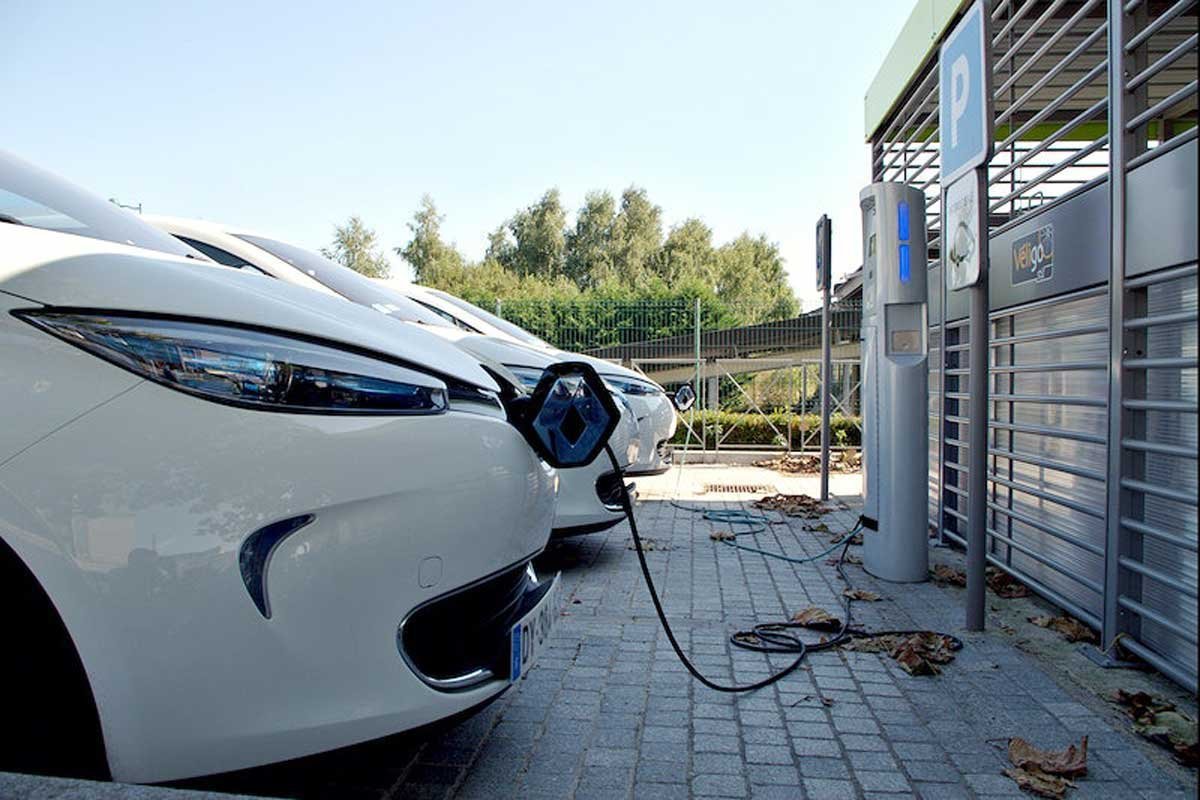Delhi, [Date]: In a decisive move to combat pollution and embrace sustainable transportation, the Delhi government unveiled the final edition of its Electric Vehicles Policy, known as Electric Vehicles Policy 2.0. Under the guidance of Delhi Transport Minister Kailash Gahlot, this innovative policy targets commercial vehicles and paves the way for a pollution-free capital city by mandating that all vehicles on Delhi’s roads must be electric by 2030.
Setting Ambitious Targets
Speaking to CNBC-TV18, Minister Kailash Gahlot underscored the government’s unwavering commitment to electric vehicles. He disclosed that the policy includes specific targets for Electric Vehicle (EV) integration into the city’s vehicle fleet. As of now, Delhi proudly boasts a commendable 10% share of EVs among its total vehicles.
Encouraging Retrofitting for All
A notable aspect of Electric Vehicles Policy 2.0 is its emphasis on incentivizing the retrofitting of vehicles to electric powertrains. This strategic approach aims to tackle the high costs associated with conversions and expedite the transition to electric mobility.
Paving the Way for Change
This policy initiative comes after the Delhi Electric Vehicles Policy-2020 reached its conclusion on August 8. The government had previously announced that the subsidies provided under the 2020 policy would continue until the new policy was officially notified.
Minister Kailash Gahlot shed light on the upcoming developments, stating, “We are in the process of moving a cabinet note, and it is expected to be finalized within the week. The existing policy will be extended for six months or until the new policy is formally notified.”
Making Conversions Affordable
Minister Gahlot also acknowledged the financial challenges faced by individuals looking to convert their internal combustion (IC) engines into electric ones. The conversion process, particularly for conventional vehicles like the Gypsy, can be costly, with expenses ranging between ₹5-6 lakh. In response, the government is actively exploring ways to incentivize these transformations, potentially making eco-friendly driving more accessible and affordable.
Last-Mile Connectivity: A Priority
In addition to policy adjustments, the government is committed to addressing the last-mile connectivity puzzle. As part of this vision, a tender has been issued to deploy 3,000 e-scooters and e-cycles, with an initial deployment of 1,500 of these vehicles at metro stations. This initiative will launch as a pilot project in Dwarka, underscoring the government’s dedication to providing sustainable and eco-friendly transportation solutions for the city’s residents.
Shaping Delhi’s Future
The Delhi government’s Electric Vehicles Policy 2.0 marks a significant leap towards reducing emissions, promoting clean mobility, and forging a greener, more sustainable future for the capital city. With the countdown to 2030 underway, Delhi’s residents and policymakers are preparing for a transformation that promises to revolutionize the way they navigate the city.

